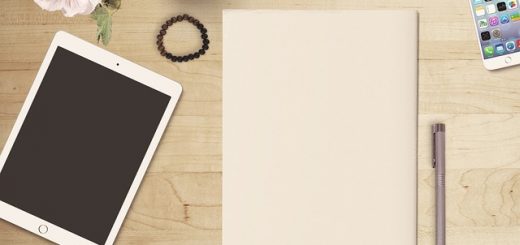Laptop or Tablet what is the best to use and why?

The choice between a laptop and a tablet depends on your specific needs and preferences. Both devices have their advantages and disadvantages, and the best option for you will depend on how you plan to use it.
Laptop:
Advantages:
- Versatility: Laptops are versatile devices that offer a wide range of functionalities. They are suitable for various tasks, such as browsing the internet, word processing, creating spreadsheets, programming, gaming, and content creation.
- Processing power: Laptops generally have more powerful processors and higher storage capacity compared to tablets, making them suitable for resource-intensive tasks like video editing or 3D modeling.
- Keyboard and mouse support: Laptops come with a built-in keyboard and touchpad or trackpad, which can make typing and navigating easier for tasks that require a lot of text input or precise control.
- Larger display: Laptops usually have larger displays compared to tablets, which can provide a better viewing experience for multimedia content or multitasking.
- Multitasking: Laptops allow for easy multitasking with multiple windows and applications open simultaneously, making them ideal for productivity-oriented tasks.
Disadvantages:
- Portability: Laptops are generally bulkier and heavier compared to tablets, which can make them less portable and less convenient to carry around.
- Battery life: Laptops typically have shorter battery life compared to tablets, which may require frequent charging, especially during extended periods of use.
- Touch and pen input: While some laptops come with touchscreens or pen support, they may not offer the same level of precision or ease of use compared to tablets, especially for tasks that require precise drawing or handwriting.
- Cost: Laptops can be more expensive compared to tablets, especially for high-end models with advanced features and specifications.
Tablet:
Advantages:
- Portability: Tablets are generally smaller, lighter, and more portable compared to laptops, making them ideal for on-the-go use and travel.
- Touch and pen input: Tablets usually come with touchscreens and often support stylus or pen input, which can be more intuitive and convenient for tasks like drawing, note-taking, and handwriting recognition.
- Battery life: Tablets typically have longer battery life compared to laptops, allowing for extended use without frequent charging.
- Multimedia consumption: Tablets are great for multimedia consumption, such as browsing the web, watching videos, reading eBooks, and playing casual games, due to their compact size and touch-based interfaces.
- Ease of use: Tablets are generally more user-friendly, with simple touch-based interfaces that are easy to learn and use, making them suitable for users of all ages, including children and elderly users.
Disadvantages:
- Processing power: Tablets generally have less processing power and storage capacity compared to laptops, which may limit their performance for resource-intensive tasks or demanding applications.
- Limited multitasking: Tablets may have limitations when it comes to multitasking, as they often have a simplified interface and may not support multiple windows or applications open simultaneously, which can impact productivity for certain tasks.
- Keyboard and mouse support: While some tablets offer detachable or external keyboards and mice, they may not provide the same level of comfort or efficiency compared to laptops for tasks that require a lot of typing or precise control.
- Software compatibility: Tablets may have limitations in terms of software compatibility, as some applications or software may not be available or optimized for tablet operating systems, which can affect their usability for certain tasks.
In conclusion, laptops are generally more versatile and suitable for tasks that require extensive computing power, productivity, and multitasking, while tablets are more portable, user-friendly, and convenient for on-the-go use. Consider your specific needs, preferences, and budget to determine which option is best for you.



